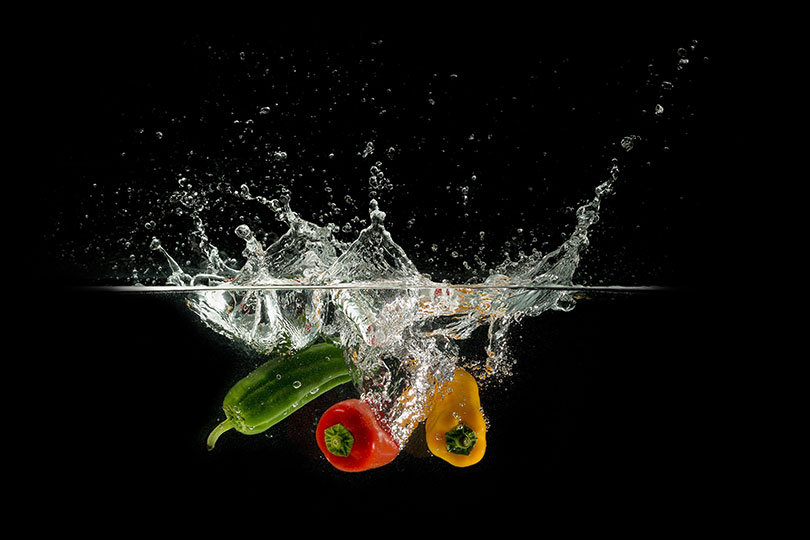
Siri, what movies are playing?
Siri, did the Spartans win?
Siri, what’s the square root of 64?
Siri, can you call my husband?
If you’re an Apple aficionado, all of the above should sound familiar. Every month, Siri gets an average of 10 billion requests, and if food scientists at the University of Massachusetts Amherst are successful, you’ll soon be able to ask one more.
Siri, will that food make me sick?
According to NPR, researchers are eager to develop a smartphone device that will identify harmful bacteria like E. coli and salmonella — both of which can cause foodborne illness.
The problem? Currently, testing takes at least 24 hours and some serious technology. Scientists obtain samples from things like raw spinach and chicken skin by rinsing the food and collecting the water. Then, to get a big enough sample, they wait for the bacteria to multiply.
The solution? Experts in Massachusetts are experimenting with a $30 microscope attachment that would reveal substances in 30 minutes. The safe, simple process would be as follows:
- Dip a small, chemically coated chip into potentially contaminated water. Let it sit for half an hour.
- Clip the microscope attachment to your smartphone camera.
- Point the microscope at the chip.
The team is determined to make it easy, as an undergraduate student participating in the project said, “I think the average consumer will be able to figure it out without much trouble.”
They’re also determined to make it benefit almost everyone, especially those using it home kitchens and during natural disasters (to test drinking water).
While this technology is very preliminary and still “several years from market,” it’s based on the overarching goal of making safety more accessible. And who can’t appreciate that?























